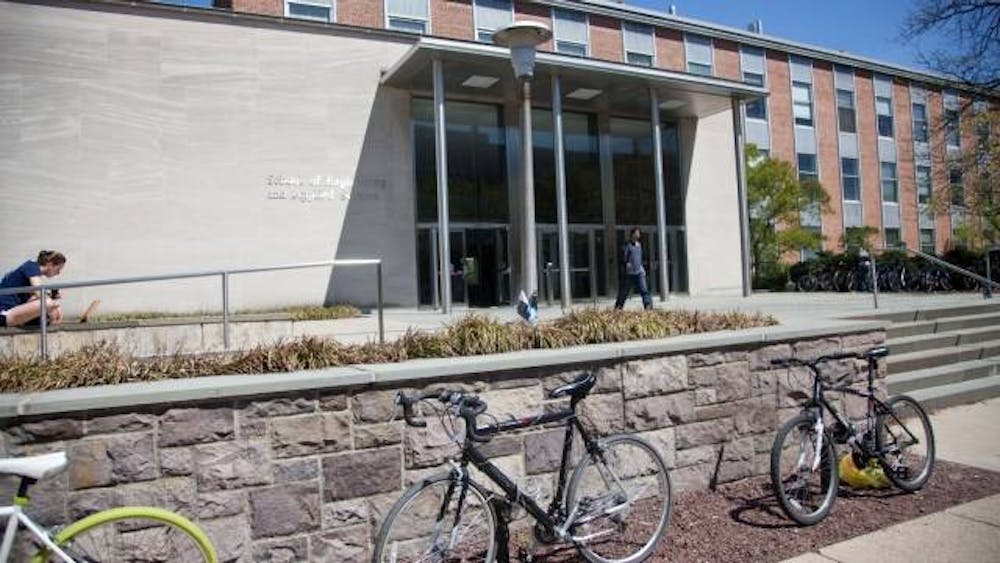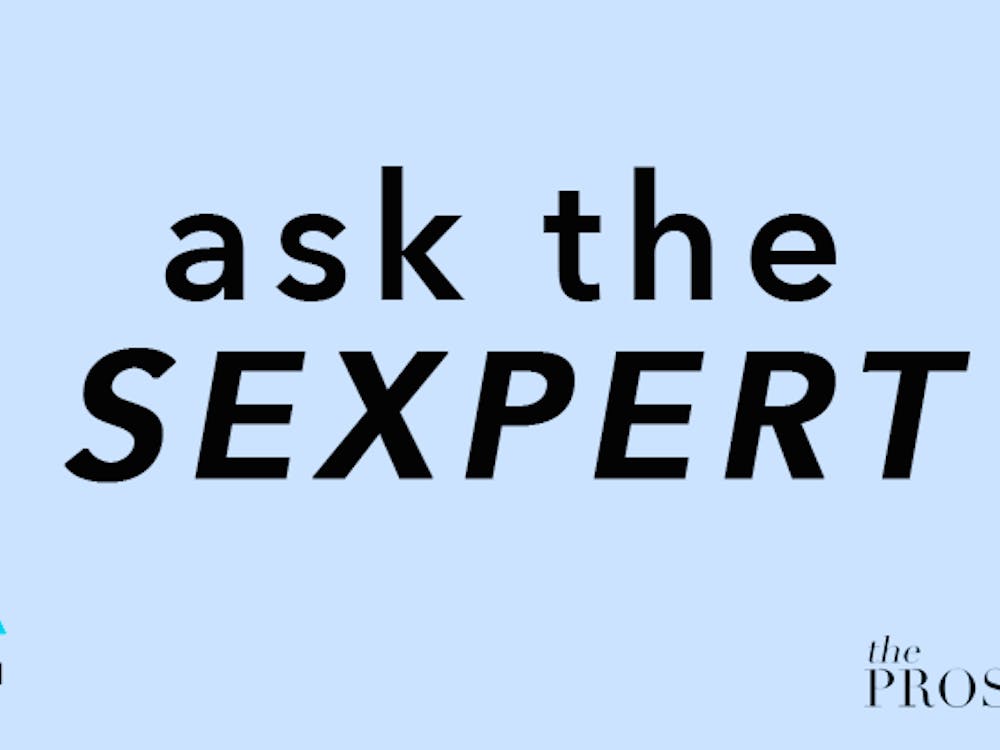The University announced on Sept. 25 the formation of the Princeton Quantum Initiative (PQI) as an effort to advance research, development, and education in both fundamental science and technological applications in fields such as quantum computation and quantum information systems.
The initiative aims to bring together over 30 faculty members from the Departments of Chemistry, Computer Science, Electrical Engineering, Mechanical and Aerospace Engineering, and Physics.
The inaugural director of PQI is Professor of Electrical Engineering Andrew A. Houck ’00, whose research focuses on the design and construction of fully quantum mechanical integrated circuits that would enable the scaling of quantum computing architectures and a variety of experiments in quantum optics.
University Dean for Research Pablo G. Debenedetti spoke about the expected impact of PQI.
“I think this signals Princeton’s commitment to this area,” Debenedetti said. “Therefore we expect that when we apply for funding from the federal government, for example, an initiative from the Department of Energy, this physical manifestation of Princeton’s support will make us even more competitive than we already are.”
In step with the initiative’s aim to train the next generation of leaders in quantum research, the University will annually award two graduate fellowships that provide support for three years. The University will also award three postdoctoral fellowships that will provide support for three years with the fellows being able to select projects and faculty advisors.
The announcement of PQI comes at a time when numerous institutions, corporations, and governments are engaging in efforts to accelerate the development of quantum technologies.
Many academic institutions have also launched new efforts in quantum research, including Yale University’s Yale Quantum Institute; the Chicago Quantum Exchange at the University of Chicago; and the Institute for Quantum Information and Matter at the California Institute of Technology.
On Dec. 21, 2018, President Donald Trump signed into law the National Quantum Initiative Act.The purpose of the act is “to provide for a coordinated Federal program to accelerate quantum research and development for the economic and national security of the United States.”
Progress in quantum science has helped firms like IBM, Microsoft, and Rigetti Computing develop various applications in quantum computation. Last month, Google claimed to have achieved the feat of quantum supremacy: the construction of a quantum computer that can perform calculations at an ability unmatched by the world’s most powerful supercomputers, a milestone that many researchers have expected to be reached.
Quantum technology’s potential implications for defense and national security make it a key area for the United States in terms of competition with foreign nations. Chinese physicist Jian-Wei Pan hit the news cycle in June 2017 when a Chinese project under his leadership used a quantum communications satellite to demonstrate that particles could maintain quantum entanglement at a separation distance of more than 1200 kilometers.
Eugene Higgins Professor of Physics M. Zahid Hasan, whose research focuses on how topological effects arise in quantum many-body systems and how the precision of topological systems can help to develop dissipation-less technology, spoke about the improvements that PQI may bring about for quantum research at the University.

“Certainly what I see is that it will give us a set of directed goals that did not exist before; this initiative will add additional dimensions [to my communications],” said Hasan, “I think some important milestones or breakthroughs are likely to happen in the next five years.”
Professor of electrical engineering Stephen A. Lyon, whose research concentrates on developing the physical foundations of quantum devices, commented on how he expects PQI to influence his own research.
“The main thing I think [PQI] does is that it will bring people who work in this field together; one gets a lot of ideas for research from [communicating with people],” said Lyon. “We hope to bring more visibility, to make it easier for things to get organized, and to bring more people from outside.”









